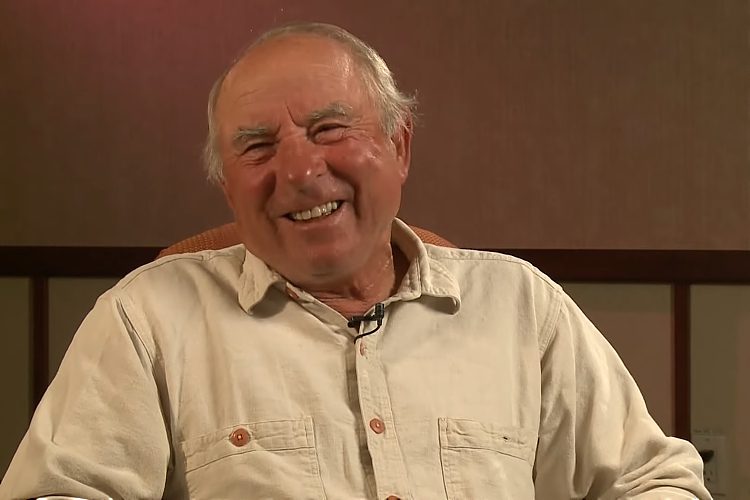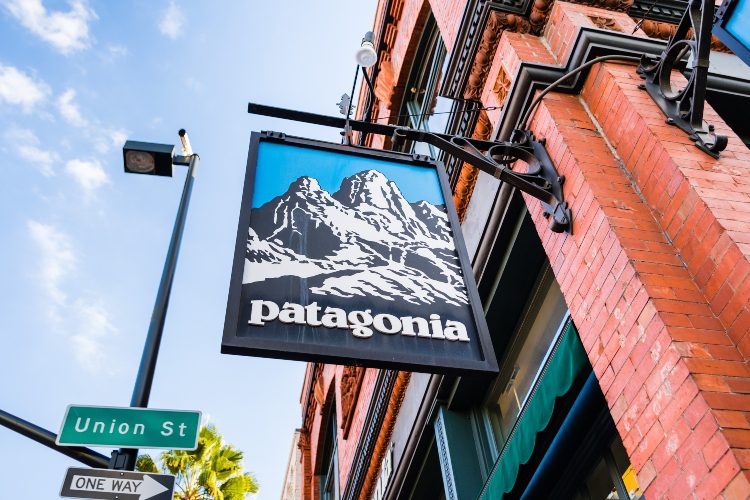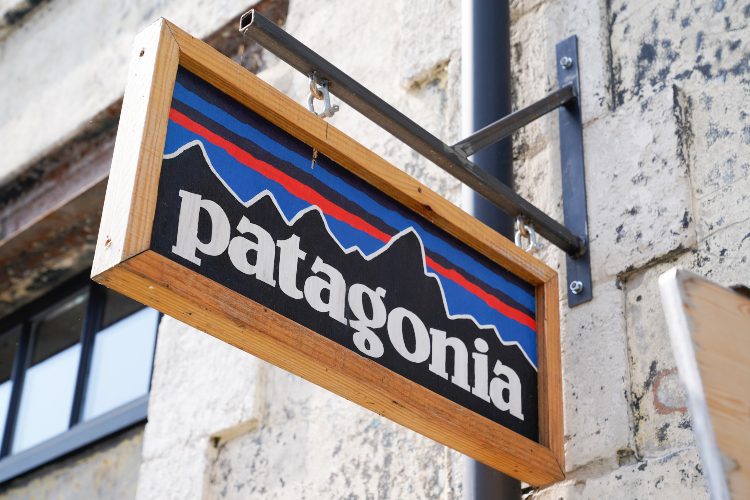Finally, big companies are joining the war with ecological issues. Originally trying to preserve nature at all costs, Patagonia’s founder gave up his company to fight the climate crisis – a nonprofit will be taking over the company’s income.
Patagonia and Its Founder’s Big Goal
Originally, Yvon Chouinard founded Patagonia, the outdoor apparel company, to battle the ongoing climate crisis; he was an avid rock climber who personally saw how society affected our planet. Now, Chouinard took one more step forward to saving the world, and it cost him his whole company.

That’s right, the ownership of Patagonia was transferred to the new Patagonia Purpose Trust, as well as the nonprofit Holdfast Collective. Instead of Chouinard and his family, the two will make sure that all of Patagonia’s profits go towards fighting the climate crisis, including the hopes to protect undeveloped land across the world.
In the announcement, the company said that around $100 million will be donated per year. Of course, the sum will be tied to Patagonia’s original profits. Founded back in 1973, Chouinard’s company is now worth $3 billion. At the same time, the founder has a $1.2 billion net worth.
While his profits won’t grow from that company now, Chouinard puts an absolute emphasis on helping the planet. “Earth is now our only shareholder,” he wrote in a letter released on the company’s website. “While we’re doing our best to address the environmental crisis, it’s not enough. We needed to find a way to put more money into fighting the crisis while keeping the company’s values intact.”
Instead of putting complete trust in one company owner, the Patagonia Purpose Trust will ensure that the company follows in its eco-friendly footsteps.
Fighting the Climate Crisis Together

The company’s announcement about the ownership transfer reassures investors and customers about its goals and hopes. “The Patagonia Purpose Trust … exists to create a more permanent legal structure to enshrine Patagonia’s purpose and values,” it reads. “It will help ensure that there is never deviation from the intent of the founder and to facilitate what the company continues to do best: demonstrate as a for-profit business that capitalism can work for the planet.”
Anyone familiar with Chouinard wouldn’t be too surprised at that decision. Before Patagonia got its beginning, he spent his time rock climbing, lived in his car, and ate cheap cans of cat food. Despite that, he knew a thing or two about good gear, creating pieces for himself and his friends. “I never wanted to be a businessman,” Chouinard wrote in his letter.
Yet, after joining the industry and founding Patagonia, he realized how much it contributes to “global warming and ecological destruction,” he added. Nowadays, the company sources eco-friendly clothing materials and annually donates 1% of the sales to grassroots activists.

In 2022, up to 88% of Patagonia’s products consist of recycled or renewable materials. But that’s not enough! By 2025, it hopes to use 100% of those materials. In addition to eco-friendly gear and wear, the company uses 100% renewable energy in its stores, offices, and distribution centers.
“Despite its immensity, the Earth’s resources are not infinite, and it’s clear we’ve exceeded its limits,” Chouinard wrote. “But it’s also resilient. We can save our planet if we commit to it.”
